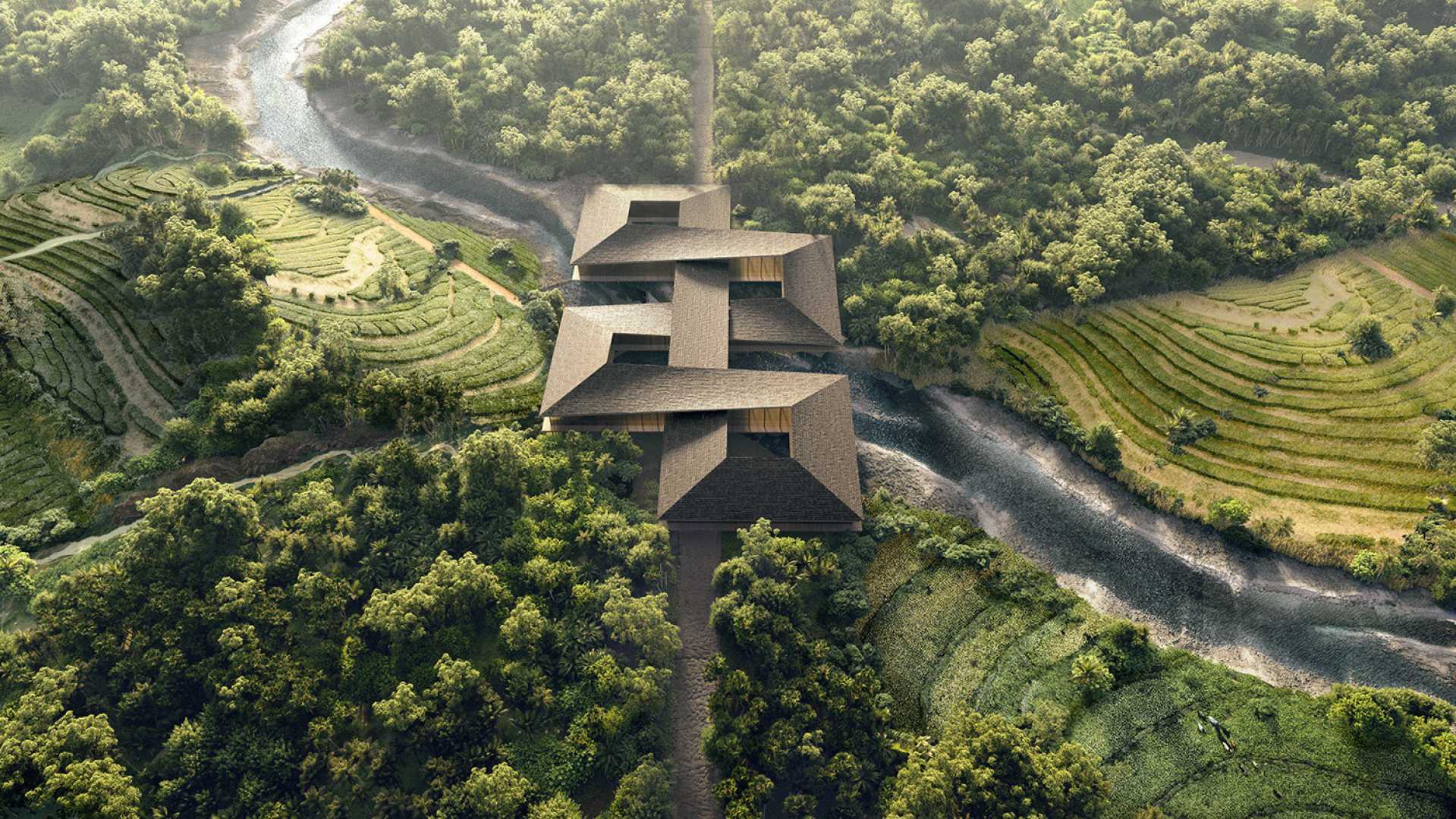News
Bhutan’s Bold Plan: Building Mindfulness City to Lure Back Young Emigrants

Bhutan, a small kingdom nestled in the Himalayan Mountains between China and India, is known for prioritizing the happiness of its citizens. However, the country has faced a significant challenge in recent years as 9% of its population, predominantly young people, have left in search of better opportunities abroad. This exodus was exacerbated by the economic impact of the COVID-19 pandemic, which severely affected Bhutan’s tourism industry and led many young Bhutanese to seek higher-paying jobs in countries like Australia.
In response to this crisis, the king of Bhutan has initiated an ambitious project to build a new city focused on mindfulness. The aim is to create jobs and attract young Bhutanese back home. This initiative is part of a broader strategy to balance economic development with the preservation of the country’s unique cultural and spiritual values. Bhutan’s concept of Gross National Happiness (GNH), which emphasizes the well-being of its citizens over economic growth, has been a cornerstone of its governance. However, the success of GNH has ironically made Bhutanese youth highly sought after globally, contributing to the brain drain.
The new city is envisioned as a place where development and wealth can coexist with sacred Buddhist values. Bhutan’s Prime Minister Tshering Tobgay emphasized that the key to luring back young emigrants is to offer them good, well-paying jobs. The project represents a high-stakes experiment in integrating modern economic opportunities with the traditional Buddhist lifestyle that defines Bhutan.
Bhutan’s unique cultural landscape, where ancient traditions and modern life coexist peacefully, is a significant part of its appeal. The capital city, Thimphu, still lacks traffic lights, and the country’s commitment to Buddhism is evident in the widespread practice of spinning prayer wheels and the presence of prayer flags across the landscape.












